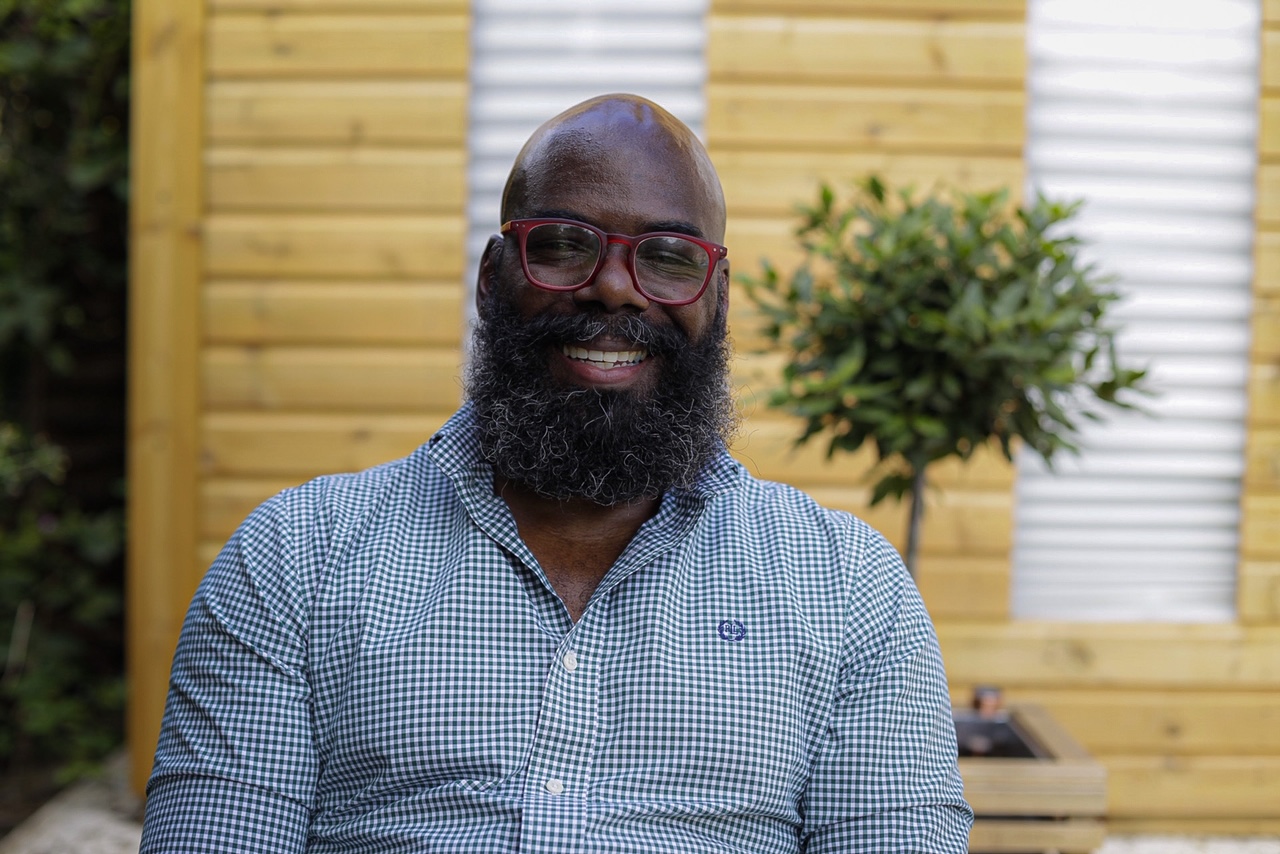
Vice-Chair elect of the Employed Barristers’ Committee Simon Regis CBE personally reflects on why some employed barristers may feel little affinity to the Bar Council and other Bar-based stakeholders when in employed practice. Simon is a Deputy Director at the Government Legal Department (GLD) leading a team advising on Science, Intellectual Property and Space, at the Department of Science, Innovation and Technology.
I declare at that start that I am talking about my own experience and journey, but having discussed this with other employed barristers over the years, many have shared the same sentiment – what does the Bar Council do for me that my employer doesn’t already do?
After qualification, third six and short period of squatting, I entered employed practice on what I thought would be a temporary basis, getting additional external experience to bolster a renewed tenancy application in the near future. As we know, life has a way of showing you alternative paths when you least expect it. After about 6 months working at the Central Confiscation Branch of the Crown Prosecution Service, I had concluded that an employed practice suited my skill set.
Once I settled on being a different kind of advocate, I actively sought permanent opportunities to work in public sector as employed barrister although I did not even think of myself in such terms. I was successful in securing a permanent position at HM Customs and Excise (as it was then called) and 24 years later after a series of roles both legal and non-legal, domestic and international, I would now describe myself as an established employed barrister.
That said, for a significant part of those 24 years, I had absolutely no engagement with the Bar Council or my Inn (Inner Temple) as I could not see how they had any relevance to practice, beyond the annual renewal of my practicing certificate. In my view, my employer provided me with what I needed – training courses to satisfy CPD requirements, HR policies that covered all staffing related issues, opportunities for career development and progression.
More importantly, I felt that the Bar Council was focused on those in self-employed practice, and I was not on that side of the fence anymore. I say fence, because it did feel to me, like there was a divide. I did not and could not see what the Bar Council could offer me and tended not to read or engage with their communications unless it was about the practising certificate. The practical consequence of this that I discounted paying the Bar Representation Fee (as my employers would only pay for the practising certificate), because I did not see the need. To put it bluntly, it seemed like a waste of money.
Fast forward to 2020, a year that we could not forget if we tried, and a series of events coalesced that set me on a path to re-engagement and a change in perspective about the added value that the Bar Council brings to those in employed practice. Firstly, I was privileged to have won at the Employed Bar Awards that year. As a result, the then Chair of the Bar, Amanda Pinto QC asked me if I would be co-chair of a new working group that was being established in the wake of the death of George Floyd - the Race Working Group (now called the Race Panel). I agreed and have had the pleasure of working with the Chair-Elect of the Bar Council, Barbara Mills KC as my co-chair, but also with a wider group of primarily self-employed barristers.
At the same time, through the persistence of a fellow GLD colleague, I sought election to the Bar Liaison Committee at Inner Temple. Both these roles brought me back into the ‘fold’ of the profession alongside my employment. More importantly, they demonstrated the importance of the contribution that employed barristers make within the profession and the value that the Bar Council and the Inns place on these contributions.
Of course, there are matters that will impact colleagues in self-employed practice in different or more profound way, than those in employed practice, but we are all one profession and as such the Bar Council represents us all. We are subject to the same standards, regulation, expectations of excellence and professionalism irrespective of whether we are employed or self-employed.
Circling back to a point I made earlier – payment of the BRF. I would urge those in employed practice to dip into your pockets and make the payment (if your employers do not pay it for you). I pay the BRF now! I understand that it is not a waste of money and more importantly, there are services that the BRF fund eg the Ethics Hub that have direct relevance to those of us in employed practice.
So, I would encourage those employed barrister colleagues who wonder about what the Bar Council (and/or other Bar based stakeholders) do for them, to engage and reach out. You might be pleasantly surprised by what you will find. Of course, it may well require you to read this blog, but let’s tackle one issue at a time.